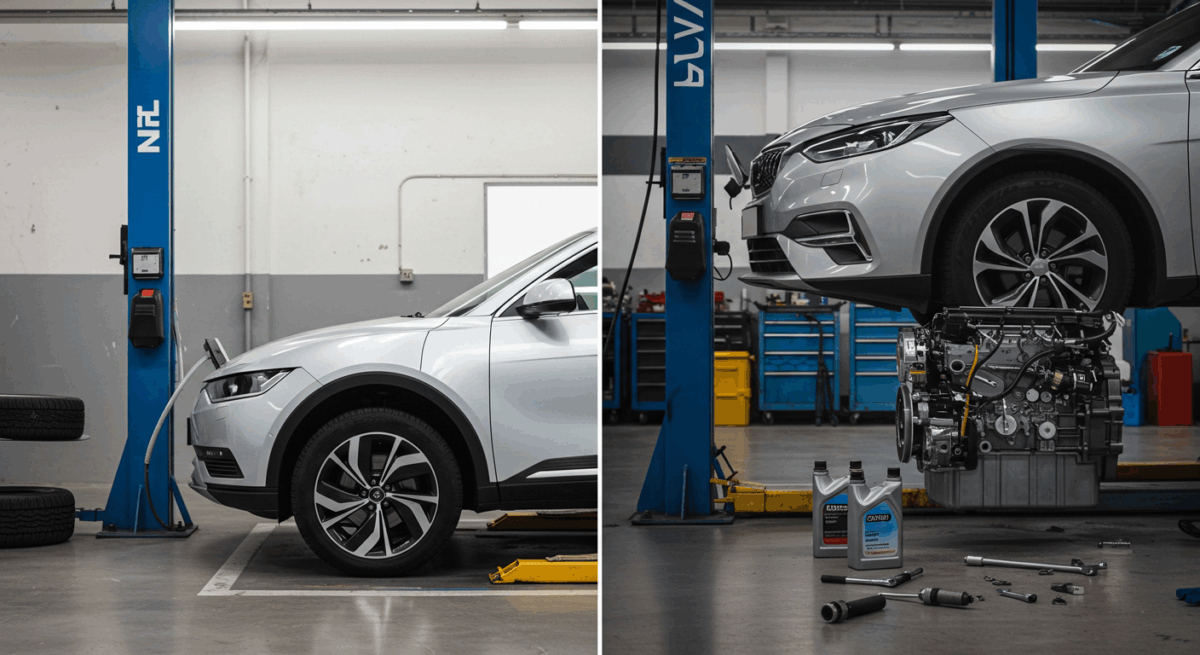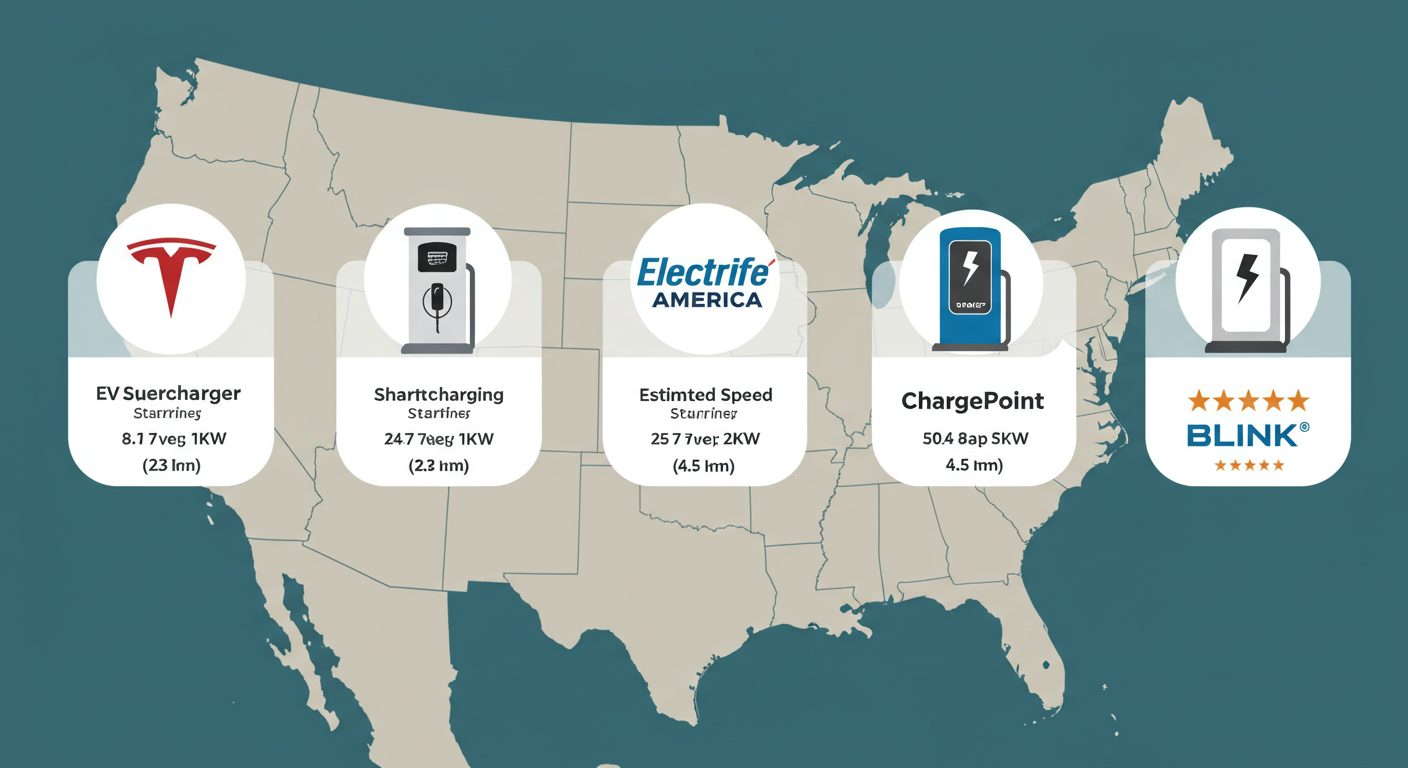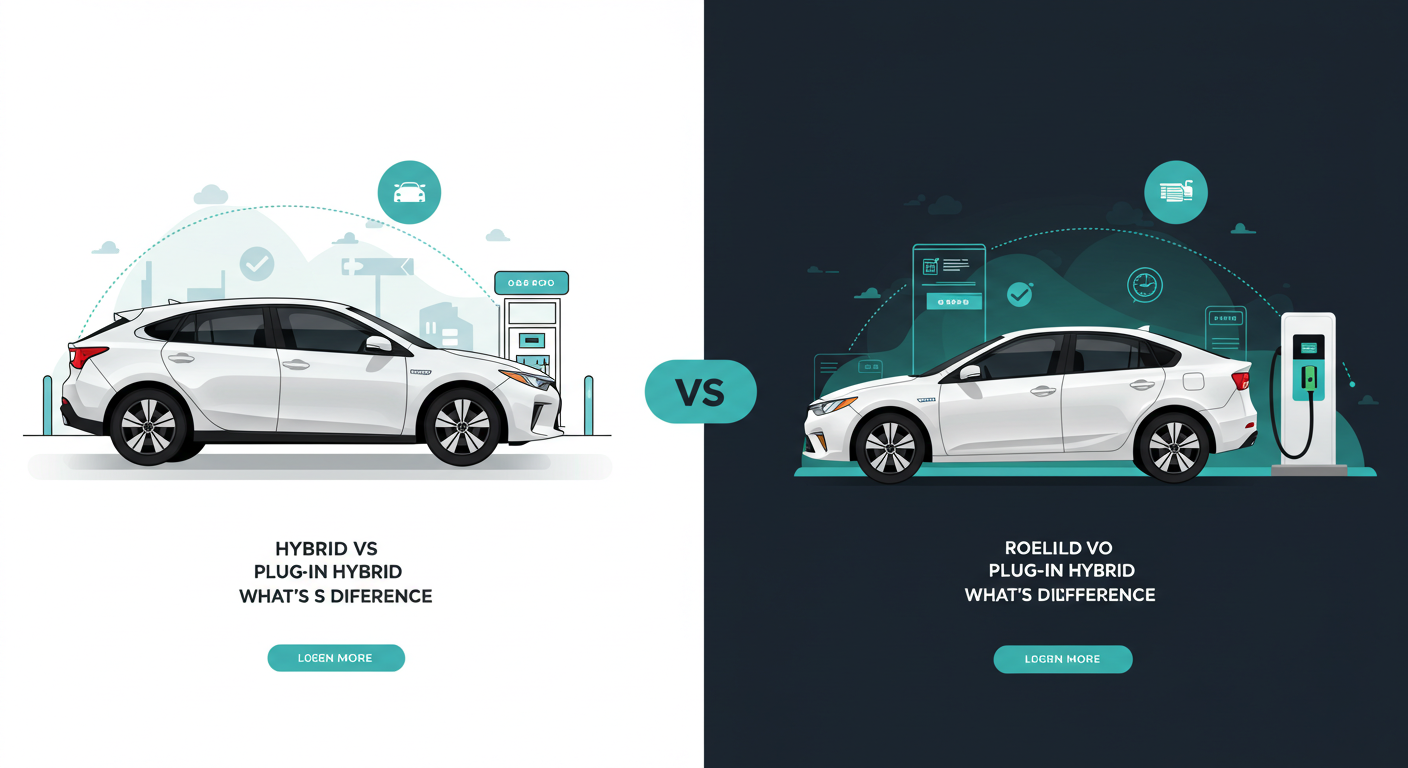When shopping for a new ride, it’s easy to get swept up in sleek designs and zero-emissions promises—but there’s one question smart buyers always ask: Are electric cars really cheaper to maintain? With fewer moving parts and no need for oil changes, EVs are marketed as a hassle-free alternative. But is that really true once the rubber hits the road?
In this post, we’ll explore the real electric car maintenance costs, break down the numbers, and see how EVs compare to traditional gas-powered vehicles in the long run.
Fewer Moving Parts, Fewer Headaches
One of the biggest perks of owning an electric car is simplicity. Unlike gas-powered vehicles, EVs don’t need oil changes, fuel filters, spark plugs, or timing belts. The electric motor itself has far fewer components, which means less wear and tear and fewer trips to the mechanic.
Routine maintenance for EVs mostly comes down to tire rotations, brake inspections, coolant checks for the battery system, and occasional cabin air filter replacements. That’s it—no exhaust system to worry about, no engine block to overheat.
The Insurance Side of the Story
Here’s a detail that often surprises new EV owners: insurance for electric cars can be higher than you might expect. Why? Because EVs generally cost more to repair after a collision. Parts like the battery pack and specialized components can drive up repair bills, which insurance companies factor into your premium.
That said, some insurers offer discounts for eco-friendly vehicles, especially if the EV is used for low-mileage driving. It’s worth shopping around and comparing quotes from providers that specifically cater to electric vehicles. Also, bundling EV insurance with home or renter’s policies can sometimes score you extra savings.
Battery Replacement: The Elephant in the Room
The biggest maintenance-related concern for many EV buyers is the battery. Replacing an EV battery can cost several thousand dollars—but the good news is, this is rarely needed in the first 8 to 10 years of ownership. Most automakers provide battery warranties covering at least 8 years or 100,000 miles, offering peace of mind for daily drivers.
Moreover, battery technology is improving rapidly. Modern EVs are built to last, and unless you’re pushing your vehicle to extremes, your battery should hold up well for years to come.
Brake Wear and Regenerative Braking
One surprising area where EVs save money is brake maintenance. Thanks to regenerative braking—a system that captures energy while slowing the car—your brake pads and rotors last significantly longer. Fewer replacements mean lower long-term costs.

In city driving, where braking is frequent, EVs can outperform gas cars in both efficiency and brake longevity. It’s a win-win for urban commuters.
The Long-Term Maintenance Picture
Over a 5-year period, studies have shown that electric vehicles can cost up to 40% less to maintain than gas-powered cars. That’s a big difference when you consider oil changes, timing belt replacements, emissions checks, and engine repairs you won’t need to worry about.
Apps like Edmunds and RepairPal even allow you to compare maintenance costs by vehicle model, helping you make an informed decision before you buy.
Financing Your EV and Maintenance Plan
If you’re planning to finance your electric car, you may want to factor in a maintenance plan into your auto loan. Some manufacturers and dealers offer financing bundles that include extended warranties or service packages.
Look for lenders that specialize in green auto loans—these often come with better rates and may include incentives for electric vehicle purchases, like charging station reimbursements or lower interest. A few credit unions even offer perks like deferred payments or pre-approval for home charger installations.
Financing isn’t just about the car itself—thinking ahead to maintenance can help you avoid out-of-pocket surprises.
DIY vs Dealership Servicing
Many EV owners choose to do basic maintenance themselves, such as replacing cabin filters or rotating tires. But for more complex work—like battery diagnostics or software updates—it’s best to visit a certified service center.
That said, EV maintenance visits are fewer and further between, and dealers are starting to offer more competitive servicing plans for EV owners. You might also want to look into mobile EV repair services, which are becoming increasingly popular in metro areas.
Final Thoughts: Is It Worth It?
So, are electric cars really cheaper to maintain? In most cases, yes—especially over the long haul. While insurance may be a little higher and batteries are expensive to replace, the savings on oil changes, engine repairs, and brake systems more than make up for it.
If you’re considering making the switch, remember that electric car maintenance costs are typically lower, more predictable, and far less stressful. With fewer surprises and a quieter ride, it’s not just about saving money—it’s about driving smarter.









